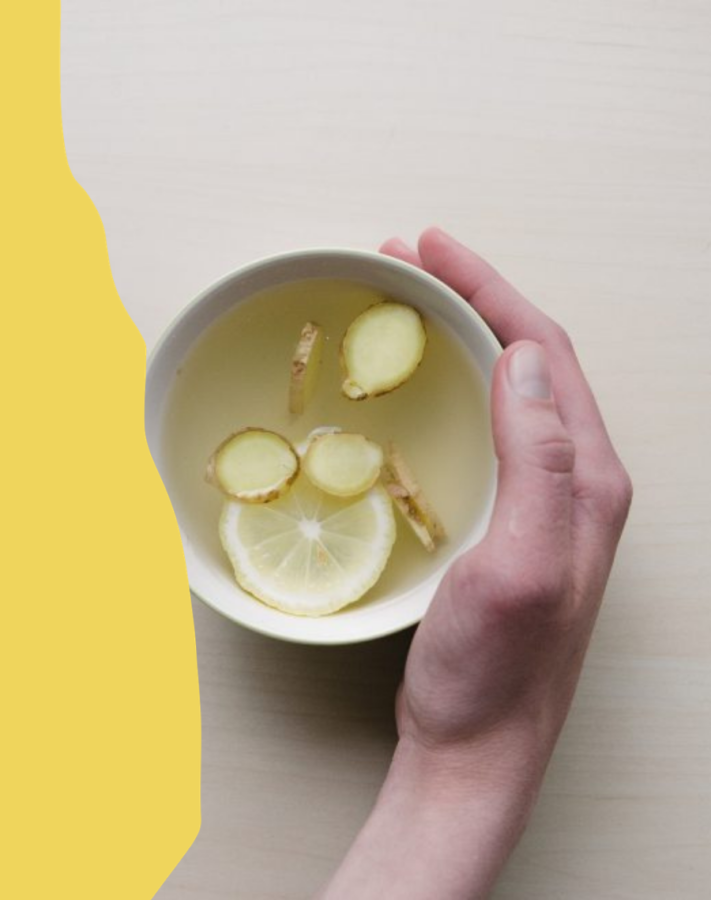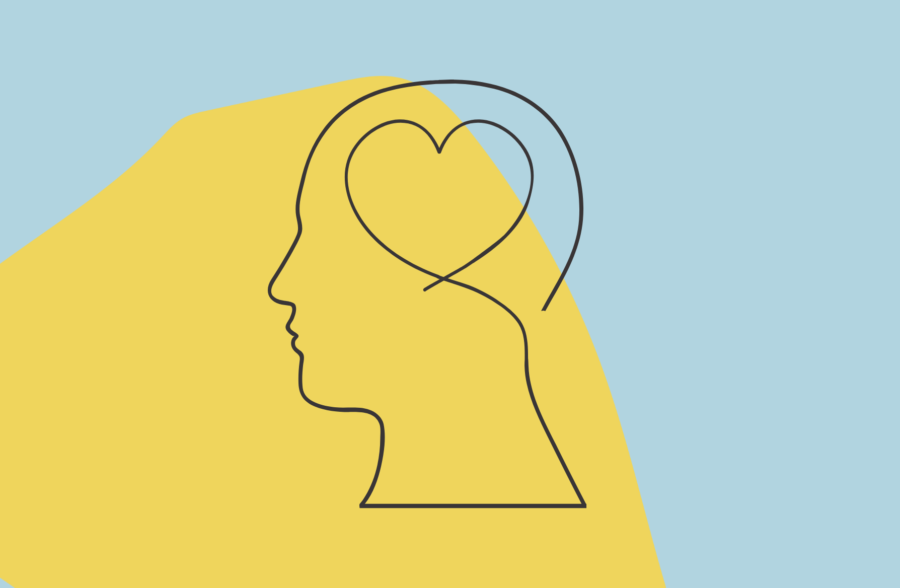Article
Changing Season, Changing Mood
By Dr Jo Mitchell
April 19, 2024

Haruki Murakami, AuthorI couldn't tell whether the hole that opened up inside me was from missing you or from the change of season.
There exists a curious phenomenon that emerges with the changing seasons, casting shadows over our moods and wellbeing. This enigma, known as Seasonal Affective Disorder (SAD), has intrigued scientists and puzzled sufferers alike.
In 1984, researchers from the National Institute of Mental Health set out to understand this condition. They unearthed a pattern: individuals experiencing major depressive episodes during autumn and winter months, only to feel better when spring and summer roll around. What’s behind this seasonal rollercoaster?
The pineal gland, a small but mighty player in our brain, seems to hold some clues. It helps regulate our internal clock, telling us when to sleep and when to wake up. But when winter arrives and daylight dwindles, the pineal gland starts producing more melatonin—the hormone that makes us sleepy—and less serotonin, which helps regulate mood.
Not everyone agrees that darkness is the main villain in the SAD saga. Recent research from Norway, where winter days are short and dark, found that SAD isn’t more common there than in places with brighter winters. Maybe it’s not just about the darkness—other seasonal factors may play a role too, like the cold or the lack of outdoor activities.
So while we may not have all the answers yet, one thing is clear: our minds are tuned in to the changing seasons. Whether SAD is a creature of darkness or a victim of seasonal whimsy, its impact on our mental health is real.
If you are noticing the effects of the seasonal change, remember you are not alone. Recommended treatment for people experiencing SAD include:
Seek light
- try to get as much natural sunlight as possible – especially morning light.
- make your work and home environments as light and airy as possible
- some people may benefit from a light box
Stay Active
- keep up your exercise routine, particularly outdoors and in daylight
- stay curious, open and engaged in hobbies, social activity or new experiences
Talk About It
- Psychological therapy with a registered mental health professional is helpful to understand how SAD impacts you, how to manage it and to keep you following your mental fitness or recovery plan.
Photo
Meet Audrey the Pug. She is the first born child of psychologist Shane Puxley. She looks particularly cute amongst the Melbourne Autumn leaves.





